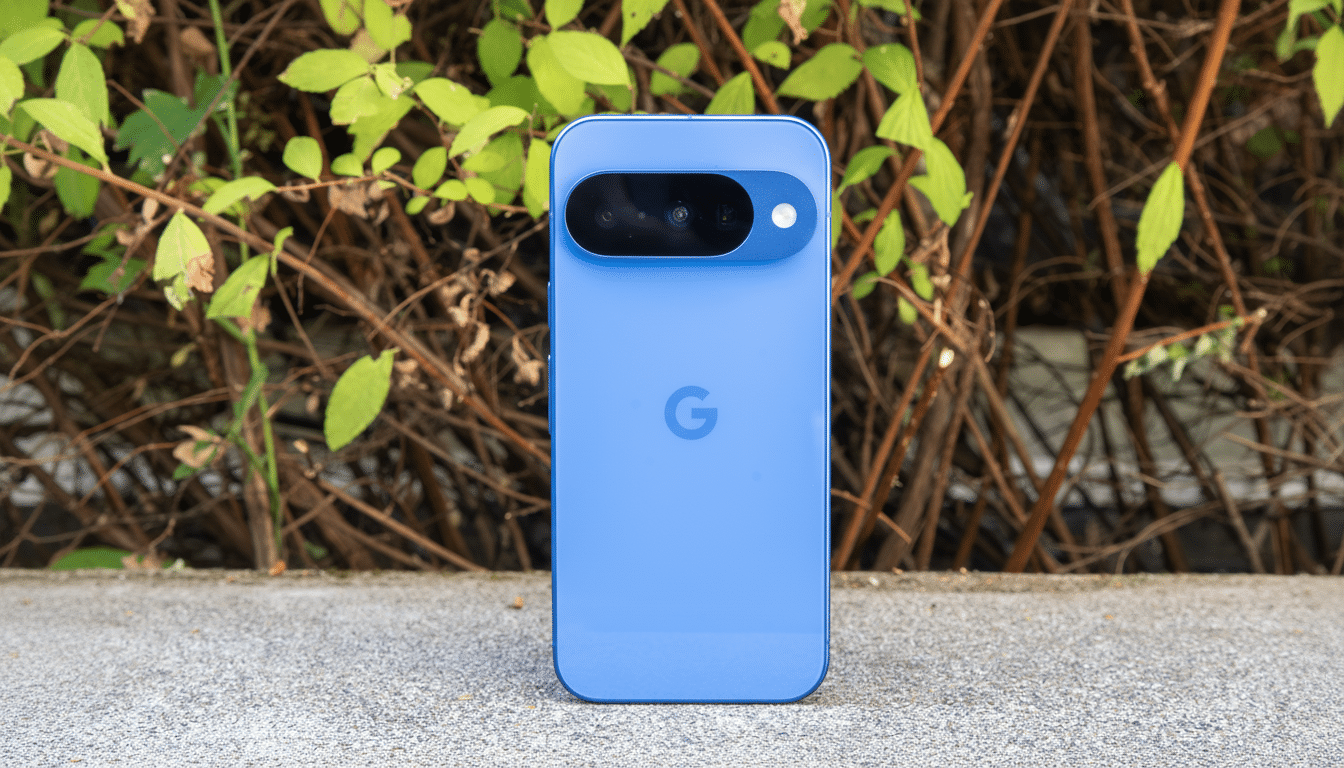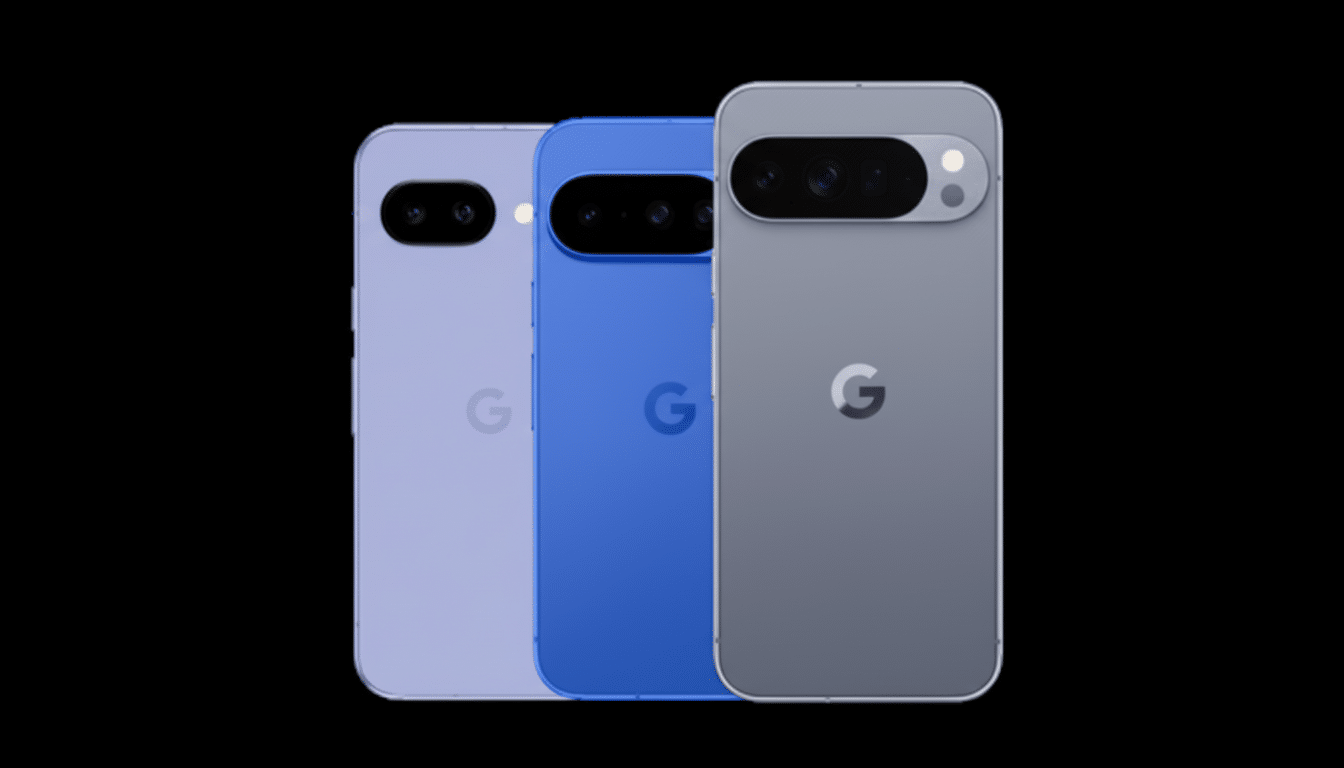After two months since launch, the Pixel 10’s most-abused new feature has finally done something notable. Magic Cue, the AI assistant, is advertised to generate timely, contextually relevant prompts throughout apps, but it has been more off than on in its early version. This week, it performed a little magic, reflecting the feature’s potential.
What finally worked to showcase Magic Cue’s potential
When I opened the Pixel Weather app, I found a new, auto-generated location entry between the current and bookmarked places. It was the hotel I have booked for my upcoming trip abroad. Calendar showed the hotel as an event, the Weather app scheduled it for the right dates, and its location was added to the app automatically.
- What finally worked to showcase Magic Cue’s potential
- Why this matters for Pixel owners and everyday usage
- How Magic Cue is supposed to work across Pixel apps
- Why Magic Cue’s slow start likely happened on Pixel 10
- Tips to nudge Magic Cue into action and improve suggestions
- The bottom line on Magic Cue’s early promise and path

Opening this location, I read the AI-Produced Weather Report. It looked at the predicted weather for the days I would be gone on my journey and provided a brief report. The summary told me not just the temperatures and the likelihood of rain—like a damn umbrella and something that protects my phone from water—but rather helpful recommendations based on the levels of rain and the packing I would be doing.
For Google, it’s the kind of passive aid it has discussed in vague terms since Ambient AI, but until now, it has not fully surfaced in a way that enhances the platform.
Why this matters for Pixel owners and everyday usage
Most of Magic Cue’s early completions went horribly. Call suggestions had no contextual cards; messages were wrong, or were outright useless. And worse, all of these failures occurred during booking—after all, when did one of us not message our way to book plans?
The weather-and-travel incident marks a transition because it happened through no fault of my own, stitching through Calendar—and the value was real.
Trust is the currency of assistive AI. The moment users see a suggestion that lands at the right time with the right specificity, they’re likelier to keep the feature on, give feedback, and let it learn. That virtuous cycle doesn’t start until the AI proves it can be useful and unobtrusive enough.

How Magic Cue is supposed to work across Pixel apps
Magic Cue should read context signals — calendar entries, locations, messages, and on-device activity — within the permissions you hand out, rank them, and surface a single suggestion when there is one that’s most relevant. Google has called the approach a combination of on-device inference, intended to preserve privacy and optimize for speed, with server-side models that optimize for accuracy and ensure the data is fresh.
The big concept isn’t unique. Apple’s Siri Suggestions and Samsung’s Galaxy AI chase “right time, right place” prompts. What differentiates these features is how quickly they present suggestions, how precise they are, and how frequent they become. Industry analysts at IDC and Counterpoint have told me that AI phones are judged in the early days less by novel features than by how many novel but irrelevant badges they have.
Why Magic Cue’s slow start likely happened on Pixel 10
AI features often roll out slowly. Companies gate new cues behind server-side switches, tighten safety filters to remove bad recommendations after the fact, or refine triggers based on early telemetry. Regional variations, language nuances, and poor training examples for edge cases can further slow down consistency.
There’s also the human factor. If users don’t grant calendar or location access—or if events lack structured details like addresses and dates—context engines struggle. That’s why one genuine win, like the Weather handoff, carries outsized weight: it shows the plumbing is finally connecting. Done right, Magic Cue could prefill confirmation numbers during airline calls, surface delivery tracking in message threads, or summarize a meeting’s agenda when you join a call. Done poorly, it spams irrelevant cards, burns battery, and erodes trust. Privacy expectations also matter; groups like the Mozilla Foundation and the EFF routinely emphasize transparency around what data is processed where, and users will want clear controls to keep cues in bounds.
This latest success doesn’t mean Magic Cue is fixed. It’s a proof point, not a trend. But it’s the first time the feature has felt like an asset rather than a demo.
Tips to nudge Magic Cue into action and improve suggestions
- Keep core apps updated, especially the Google app, Pixel system intelligence components, Messages, Phone, Calendar, and Weather
- Check permissions for Calendar, Location, Contacts, and Notifications in each app so Magic Cue can read the signals you’re comfortable sharing
- Add structured details to events—addresses, check-in dates, contact info—so the system has something concrete to parse
- Use feedback controls; thumbs up or down on suggestions help retrain which cues appear and when
The bottom line on Magic Cue’s early promise and path
Magic Cue has successfully shown the type of contextual assistance Google has been wishing for: unobtrusive, at the right moment, and genuinely helpful. If Google can continue to deliver a high signal-to-noise ratio, this could go from the Pixel 10’s most disappointing feature to one of the Pixel 10’s key retention properties.

